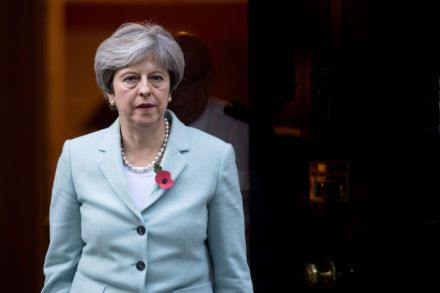What the BBC won’t tell you about the leaked Brexit forecasts
The leaked government Brexit forecasts have this morning been reported by the BBC just as its leakers intended: as embarrassing proof that Brexit is bad for the economy. If it had any vague interest in being impartial, perhaps the Beeb would have bothered to make the rather obvious point: not only have we seen such forecasts before, but the new figures are more optimistic than HM Treasury’s last effort. The government’s April 2016 analysis said that the economy would be 3.8 percentage points smaller than it otherwise would have in 15 years if we were to stay in the EEA; that has now been revised down to a 2pc hit.




















